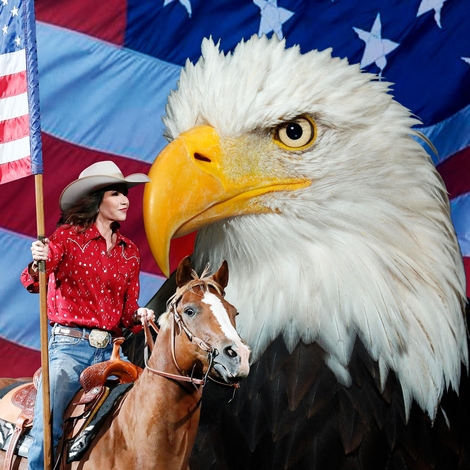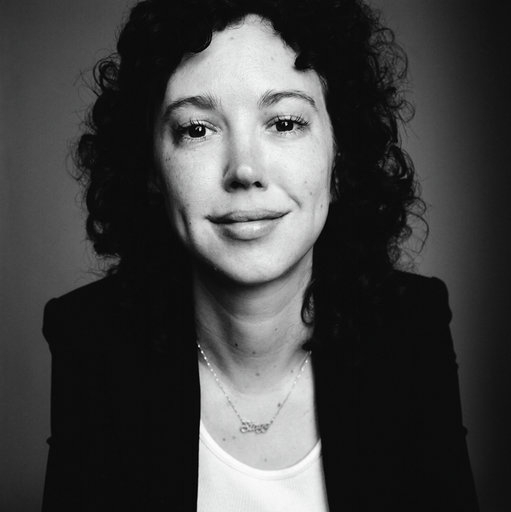Natasha Stagg and I meet at the Odeon, her favorite place in New York, to talk about her new book over dirty martinis and French fries. The book, titled Sleeveless: Fashion, Image, Media, New York 2011–2019—which comes after her 2016 debut, Surveys, a fictional account of an influencer’s bizarre, parabolic rise and fall—is an uncategorizable collection of writing that feels like a combination of short stories, party reports, diary entries, and cultural analysis. “In my mind, none of these things are reportage. Some are more based in reality than others. I could see them being called essays,” she says, though she’d “rather not even make the distinction.”

In the foreword, Stagg, who moved to New York from Tucson in 2011, calls the book “a personal account of a very strange time.” It applies at various levels: personally (being in her 20s and earliest 30s), but also professionally (working in media at a particularly precarious moment), and politically (see: our current president). Throughout Sleeveless, Stagg delivers searing analysis with tossed-off ease. On wealth, she writes: “I love expensive things but I hate being around the people who can afford them.” On book publishing parties: “Everyone is reading something they don’t really want to read and then that’s how everyone ends up hating everything and saying that there’s nothing good out there. That or they’re jealous.” One chapter, “Two Stops,” in which Stagg addresses #MeToo with the murky, mixed feelings that most people reserve for private conversations, has gotten a particularly strong response. “It wasn’t what I set out to do, but it was nice that it accidentally gave some people an antidote to one type of writing,” she says.
“I love expensive things but I hate being around the people who can afford them,” Stagg writes.
Stagg’s vivid, tumbling accounts of nightlife are filled with insider-y, fashion- and art-world Easter eggs (Clandestino, China Chalet, Hari Nef), like a 2010s Bright Lights, Big City. She writes with both cynicism and sympathy about the facts of partying in a city that is forever doomed to compare itself to grittier, more glamorous eras past. (“New York is an actor, playing itself,” she writes in “Consulting.”) Like the magazine world (she left V magazine in 2016 and now works at the branding agency 2x4), it’s something she’s mostly moved on from: “I have fond memories of it,” she says. “But also, I’m not sad about being older and that part of my life being over.”
As her writing reaches a bigger and bigger audience, Stagg has found herself in the sometimes odd position of being considered an expert on various things she’s not sure she’s actually an expert on. She was paired with Tavi Gevinson for a conversation in Interview about “Instagram, Incels, and Lana Del Rey,” and journalists often call upon her to lend her voice to articles parsing the effects of social media on our cultural and internal landscapes. She considers it a tricky time to be known as someone who is outspoken. “I’m so aware of how bad it could go, and I’m absolutely shocked that it hasn’t gone badly at all,” she says. “I’m very aware of this mentality of our generation to be dismissive of people who are trying to analyze things.”
Why is the Odeon Stagg’s favorite place in New York? She laughs, ticking off a list: the best lighting, a good bathroom, a historical landmark, featured in many a beloved movie. “The food is fine,” she says, then pauses. “You asked me before if I was nostalgic for a different time in my New York existence. But I think that this moment in my life is more enjoyable because I’m actually trying to understand New York. Whereas before I was trying to create my own version of living here.”
Andrea Whittle is a writer based in New York City

